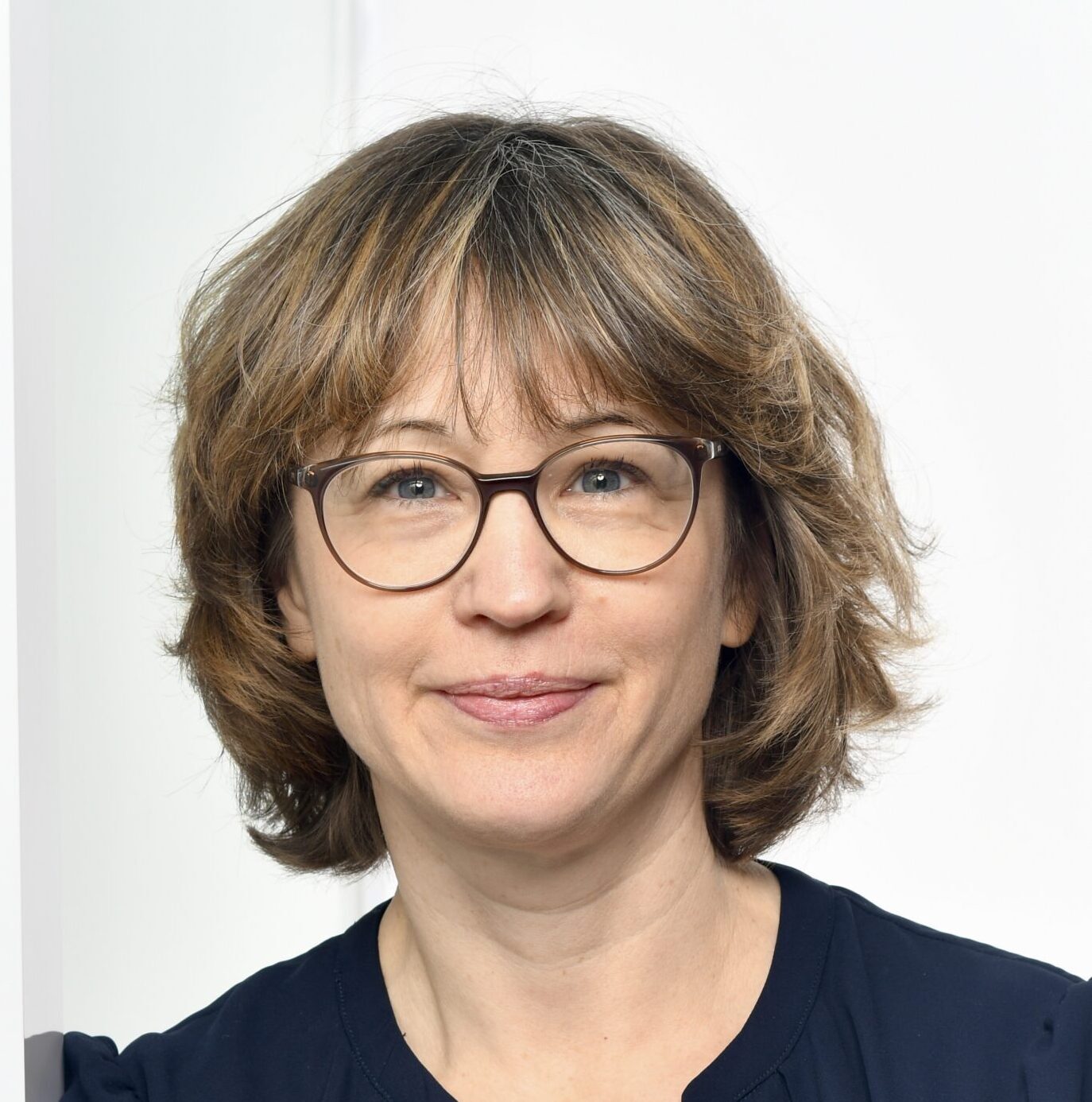Research on Human Rights: “We can feel that something is shifting”
Freiburg, 11 June 2025
Since 2019, the Land Baden-Württemberg and the U.S. state of Connecticut have been funding the Human Rights Research Consortium (HRRC) – a transatlantic initiative for interdisciplinary research on human rights. On June 17 and 18, 2025, members of the Consortium will come together for their annual conference at the University of Freiburg. Sebastian Wogenstein, one of the project’s co-directors, explains in this interview why human rights research is more relevant than ever – and how current US policy is influencing academic exchange.

Professor Wogenstein, what is the idea behind the Human Rights Research Consortium (HRRC)?
The origins of the project lie in an initial exploratory meeting of representatives from various institutions in Heidelberg in 2018, where the idea of an open, interdisciplinary network with a “grassroots character” was born, i.e. open to academics as well as experts from NGOs, foundations and other institutions working on human rights. The Office of Global Affairs at the University of Connecticut and the Baden-Württemberg Ministry of Science, Research and Arts provided concrete support. Not only did the common research interests become clear at this meeting, but it also laid the basis for initial financial support. The aim was to expand the already established student exchange to include sustainable, science-driven cooperation. Since the initial 40 or so participants, we have developed a growing network of almost 140 members.
What does this cooperation look like?
New members join one of five interdisciplinary Working Groups that work on topics ranging from political and philosophical frameworks to technology and education. It is a hybrid collaboration with members meeting in virtual formats as well as in-person. New cooperations are constantly emerging within the network, generating publications, conferences, policy recommendations and educational projects. It is a lively exchange that also promotes the reciprocal transfer between science and society.
What will be the thematic focus of the HRRC Conference in Freiburg on June 17 and 18, 2025?
This fourth annual conference will bring together members of all Working Groups from both partner regions. The focus will be on the topic of sustainability and human rights, which has shaped the second funding phase of the Consortium since 2023. We will not just discuss ecological sustainability, but also social sustainability: What structures ensure a democratic, just and inclusive society in the long term? How can human rights perspectives respond to current challenges such as climate change, social inequality and political polarization? These questions are more pressing than ever because fundamental values such as diversity, inclusion and equality are increasingly coming under pressure.
Selected Projects of the Human Rights Research Consortiums (HRRC)
You can find an overview of more projects and initiatives of the HRRC here.
How does the second presidency of Donald Trump impact the work of the HRRC?
During Trump’s first term in office, central principles of human rights work in the U.S. were already being called into question publicly. Terms such as “equality” or “inclusion” were suddenly considered “ideological” – or even “un-American”. The HRRC was founded during this time. Now we are once again experiencing an escalation. This also affects day-to-day research: some U.S. members of the HRRC are unable to attend the conference in Freiburg in-person because they fear they would not be allowed to return to the U.S. afterwards. The political tensions are therefore having a direct impact on transatlantic cooperation.
How does the HRRC react to these developments?
We see our work as a clear counter to these trends. Focussing on sustainability in human rights also means reinforcing democracy, participation and plurality. Especially in times of political polarization, these values must be defended. The HRRC sees itself as a platform for precisely this dialog – and is not discouraged by threats or setbacks. On the contrary: the social and scientific commitment to human rights only becomes more imperative as a result.
The project runs until June 2026. What then?
We are working intensively on continuing the project beyond 2026 – possibly also in the form of sub-projects. In view of growing authoritarian movements and a global increase in extremism, it is crucial to build strong networks. Over the past six years, the HRRC has generated many collaborations and connections that would not have existed without the project. In the future, we want to further strengthen the education sector in particular. For example, we are planning a digital platform that pools teaching materials for schools and universities. After all, human rights begin with education – and education is the most sustainable protection against anti-democratic tendencies.
About the Conference
The fourth annual meeting of the Consortium will tackle the topic of “Human Rights in the Balance: Safeguarding Social and Environmental Sustainability” and feature members of all Working Groups from both partner regions. While the panels are open exclusively to HRRC members, two public keynotes are aimed at the interested public:

What is the HRRC?
The Human Rights Research Consortium (HRRC) is a transatlantic network of human rights researchers from Connecticut and Baden-Württemberg. It connects renowned institutions, such as:
- Human Rights Institute University of Connecticut
- Schell Center for International Human Rights (Yale University)
- University of Freiburg
- College of Fellows (University of Tübingen)
- World Ethos Institute (University of Tübingen)
- Max Planck Institute for Comparative Public Law and International Law (Heidelberg)
- Mark Twain Center for Transatlantic Relations (Heidelberg)
Since 2018, the Freiburg Institute for Advanced Studies (FRIAS) has been coordinating the project on the German side. The project is funded by the Land Baden-Württemberg and the U.S. state of Connecticut. The HRRC is led by an interdisciplinary group of professors:
- Prof. Dr. Ralf von den Hoff (Archaeology, University of Freiburg)
- Prof. Dr. Silja Vöneky (Law, University of Freiburg)
- Prof. Dr. Shareen Hertel (Political Science/Human Rights Institute, University of Connecticut)
- Prof. Dr. Sebastian Wogenstein (German Studies/ Human Rights Institute, University of Connecticut)
Interview by Max Bolze, published 11.06.2025; Translation: Lilly Kanthak.

